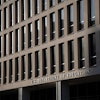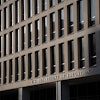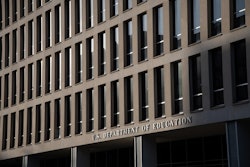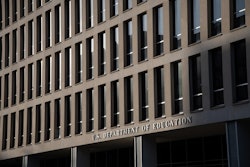Over the last two weeks, the U.S. House of Representatives has held public, televised hearings on the events of January 6, sharing the evidence and testimony they have collected to prove that former President Donald Trump deliberately stoked the flames of a violent insurrection.
But who is watching these hearings, and will they even make a difference in the course of American history? Dr. Ravi K. Perry, chair and professor of the department of political science at Howard University.
Dr. Ravi K. Perry, chair and professor of the department of political science at Howard University.
“I don’t think anyone’s watching,” said Dr. Ravi K. Perry, chair and professor of the department of political science at Howard University. “For most people, the audience really is cable news audience that do not watch Fox [News], and I think that’s in general the best you can hope for.”
On the first night of broadcast, when the hearings aired during primetime, 20 million people tuned in to watch the proceedings, according to Nielsen ratings. That amount is akin to the viewing audience for the Macy’s Day Thanksgiving Parade, but less than the numbers for presidential debates or even the State of the Union address. As the hearings moved to the daytime hours on Monday and Thursday of the following week, viewing numbers dropped by half.
Dr. Shaun Harper, a professor at the University of Southern California, said this decline might be because the hearings feel largely “performative.”
“I do not expect anywhere close to the level of accountability that this attack on our democracy deserves. I certainly do not believe there will be any serious consequences for President Trump,” said Harper. “Because of this, I do not know many friends and colleagues who are wasting their time watching them.”
The hearings have, for the most part, confirmed what was already known, said Harper. But scholars agree that these hearings are, in essence, attempting to make it clear that Trump should be ineligible to run for president in 2024, which Trump has hinted he aims to do.















